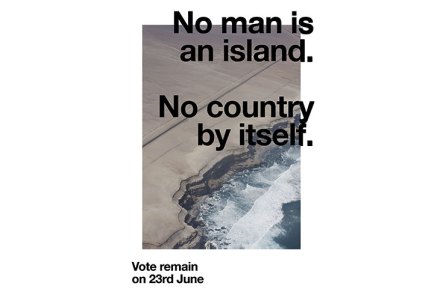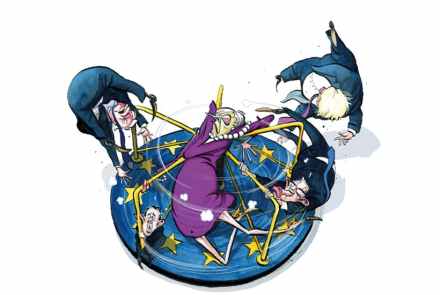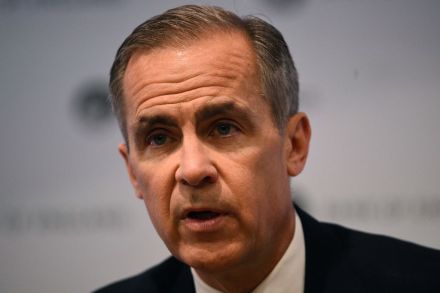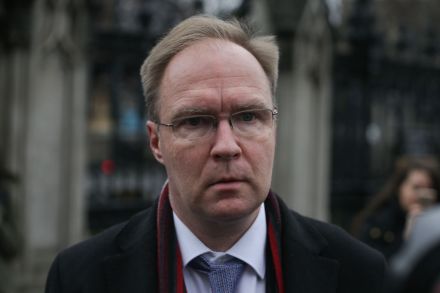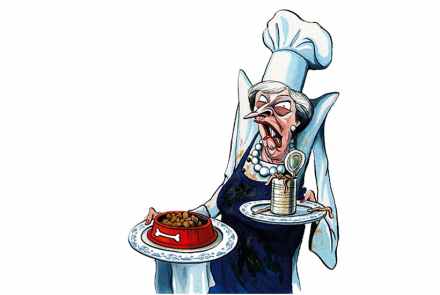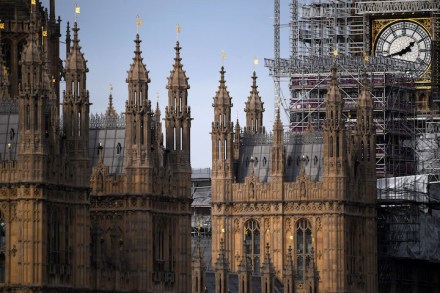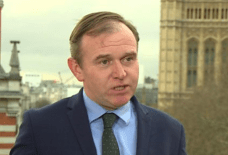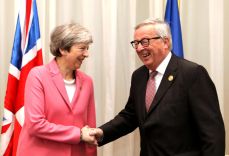Keep politics out of art
If you want to lose friends and alienate people in the art world, try telling them you support Britain leaving the EU. As someone on the left, I’ve always argued a left-wing case for leaving. It is, to say the least, an unfashionable position, usually met with anxious looks, sullen silence or overt hostility from one or other artist, curator or art bureaucrat. That the art world should be against Brexit should come as little surprise. It’s striking, however, how far art has become involved in the burning political questions and controversies of the moment, to the extent that making art is often seen as nothing more than an extension
